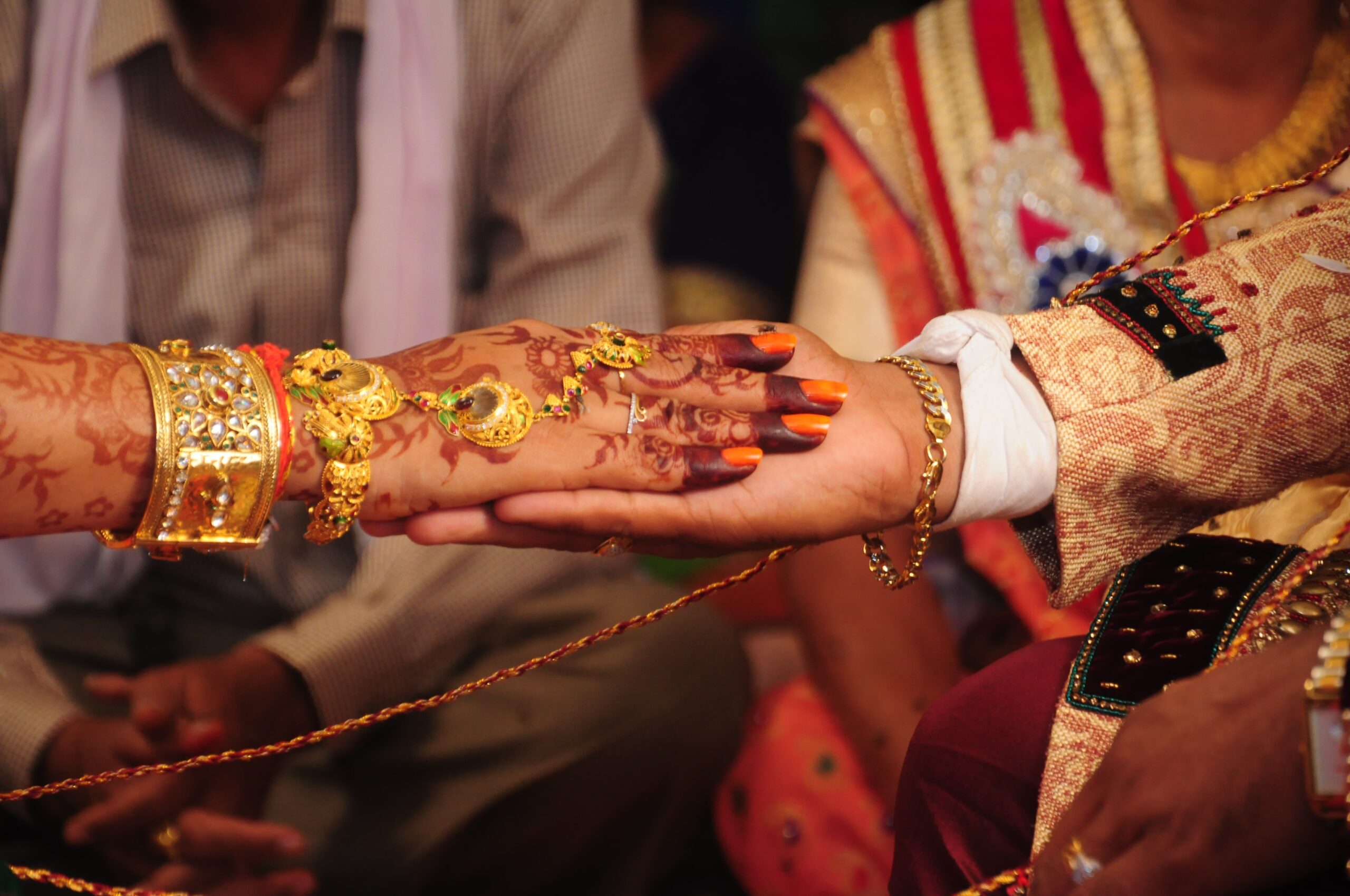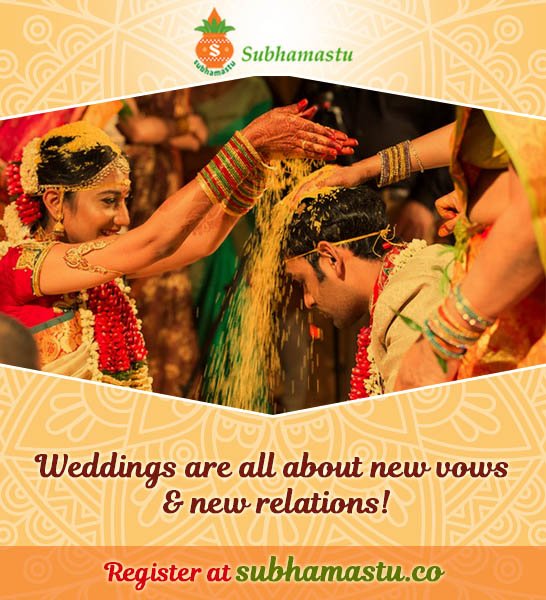The Kamma community is known for its rich cultural heritage and unique customs and traditions. One such tradition is the avoidance of marriage during the Chaturmas period. Chaturmas, which means “four months,” is a period of four months during the monsoon season when many Hindus practice austerity, penance, and introspection. In this article, we will explore the reasons why people from the Kamma community do not get married during the Chaturmas period.
What is Chaturmas?
Chaturmas is a four-month period that begins in the Hindu month of Ashadha (July/August) and ends in the month of Kartik (October/November). During this period, many Hindus practice austerity, penance, and self-reflection. The Chaturmas period is considered an inauspicious time for new beginnings or any auspicious ceremonies like weddings. It is believed that the Gods themselves observe penance during this time and that any activity that disturbs their peace can result in negative consequences.
The Significance of Chaturmas
Chaturmas is a time for introspection, penance, and self-improvement. It is believed that the Gods themselves observe penance during this time and that any activity that disturbs their peace can result in negative consequences. During Chaturmas, many Hindus abstain from meat, alcohol, and other worldly pleasures. They spend their time in meditation, reading religious texts, and performing acts of charity.
Why Do the People from Kamma Community Don’t Get Married During Chaturmas?
The people from the Kamma community avoid getting married during the Chaturmas period as they believe it is an inauspicious time for new beginnings. It is believed that marriages during this time can bring bad luck and negative consequences to the newlyweds. This belief stems from the fact that Chaturmas is a period of penance and self-reflection. Any activity that disturbs the peace of the Gods can result in negative consequences, and a wedding ceremony can be a disruptive event.
Another reason why the people from the Kamma community do not get married during Chaturmas is that it is believed that the rainwater during this period is polluted and not suitable for any auspicious ceremonies. The monsoon season brings with it diseases and illnesses, and the people from Kamma community believe that getting married during this time can result in health issues for the newlyweds.
The Kamma community also believes that the Gods are in a state of deep meditation during Chaturmas, and it is not an auspicious time to disturb their peace. The newlyweds are also advised not to perform any rituals during this period to avoid any negative consequences.
The Significance of Auspicious Timing
In Hinduism, auspicious timing is considered critical for any new beginning, including marriage. It is believed that performing a ceremony during an auspicious time can bring good luck and blessings from the Gods. The Kamma community places a lot of importance on auspicious timing, and getting married during an inauspicious time like Chaturmas can result in negative consequences.
Alternative Dates for Marriage
The people from the Kamma community typically avoid getting married during Chaturmas, but they have several other auspicious dates to choose from. The most popular time for marriage is during the months of Margashirsha (November/December), Magha (January/February), and Phalguna (February/March). These months are considered highly auspicious, and marriages during this time are believed to bring good luck and blessings from the Gods.




